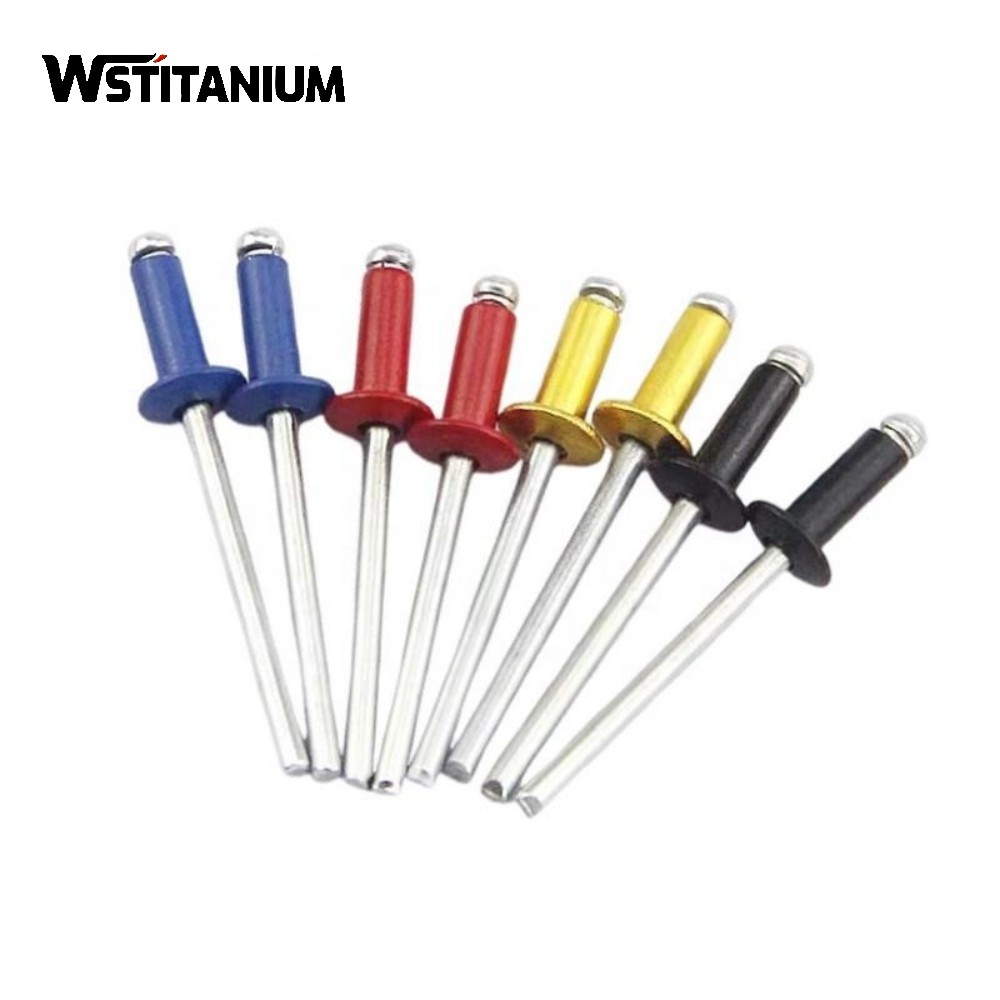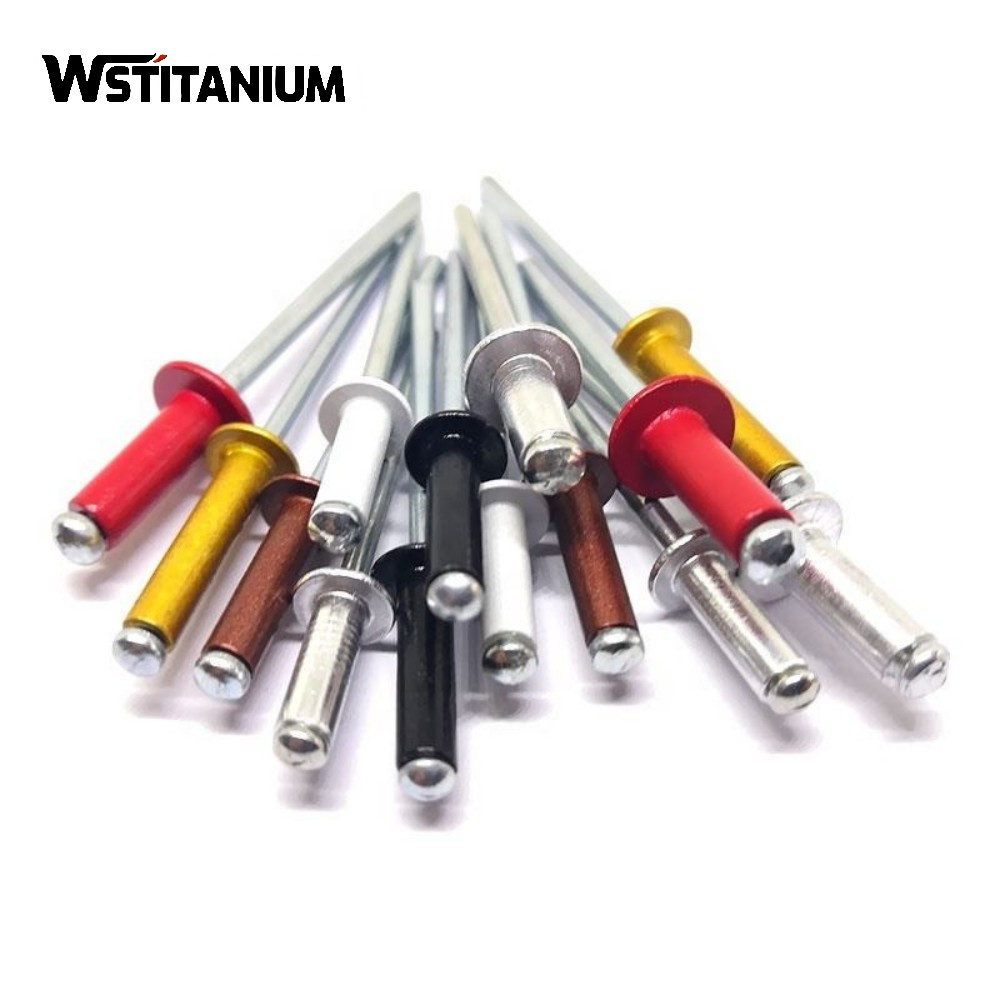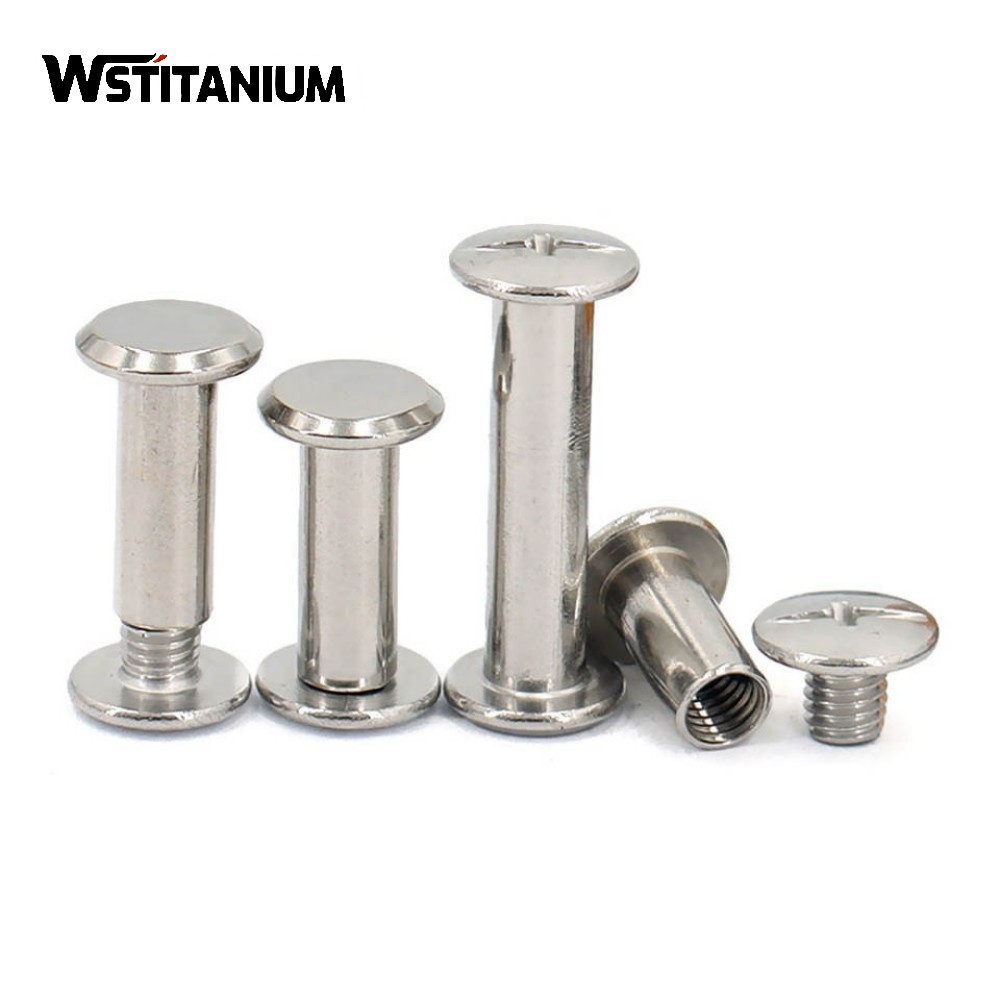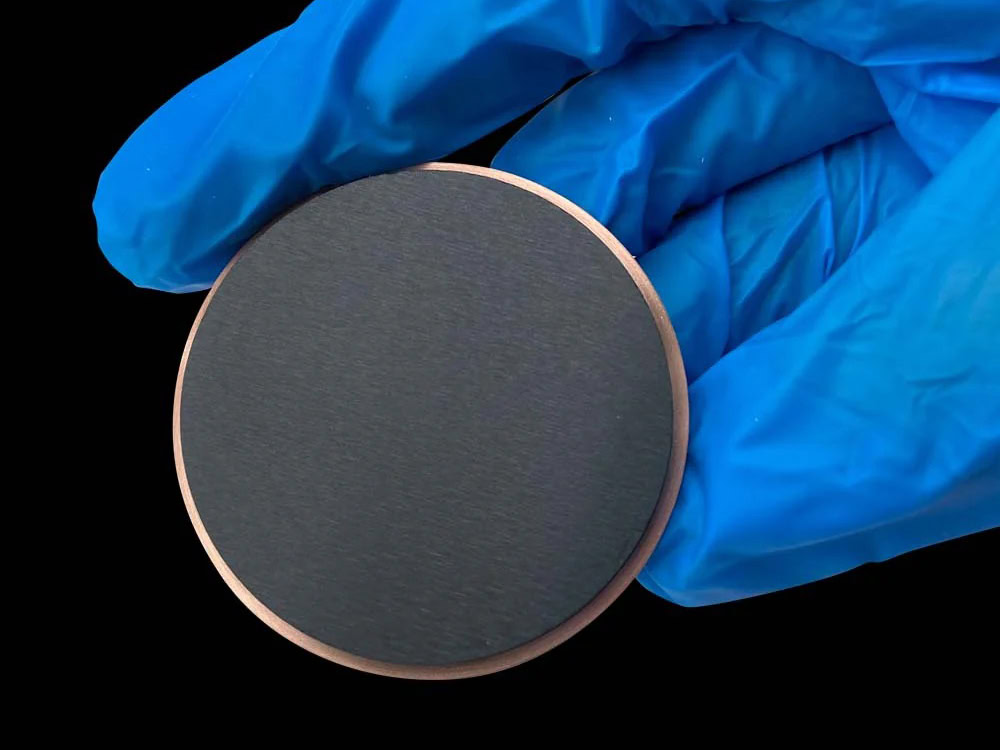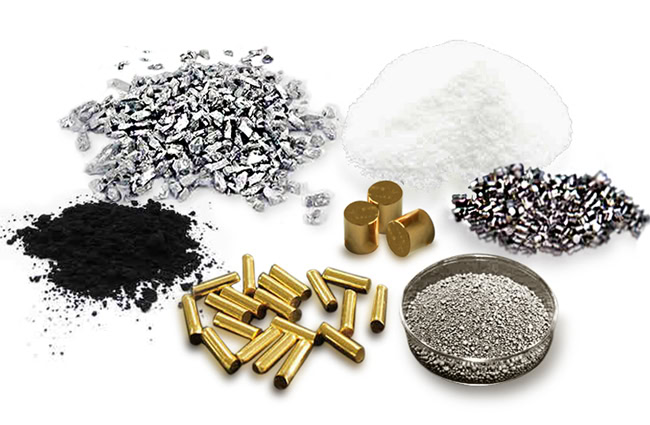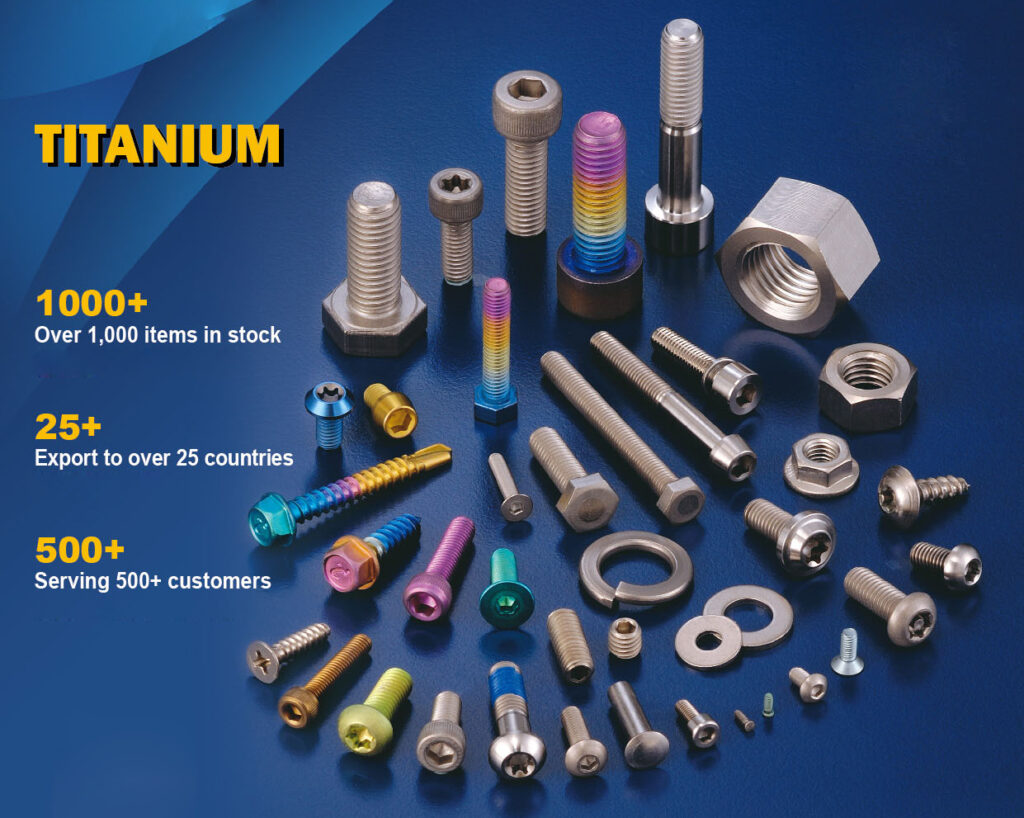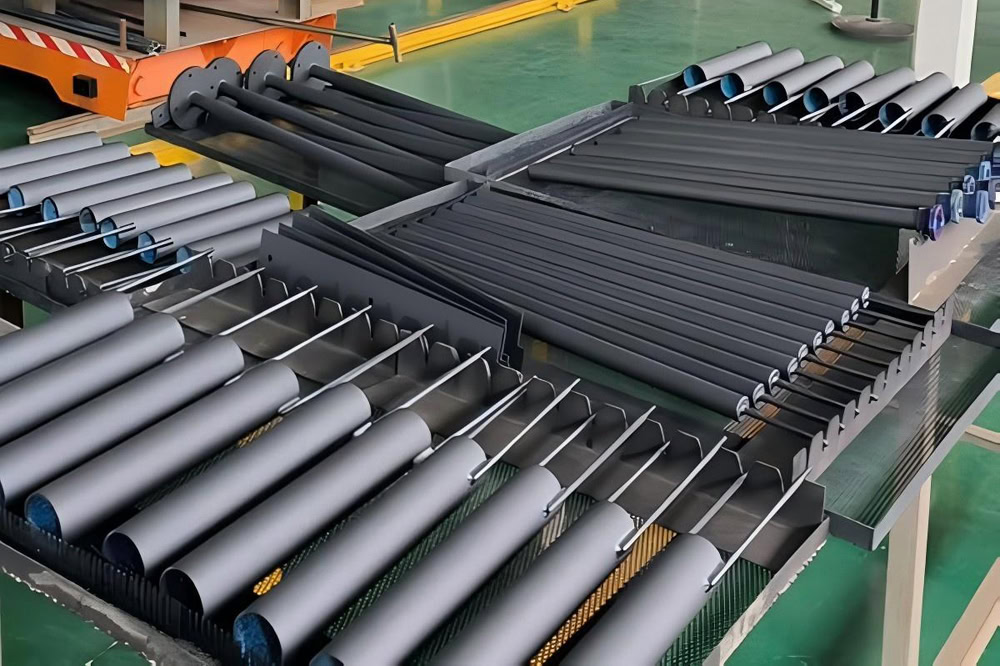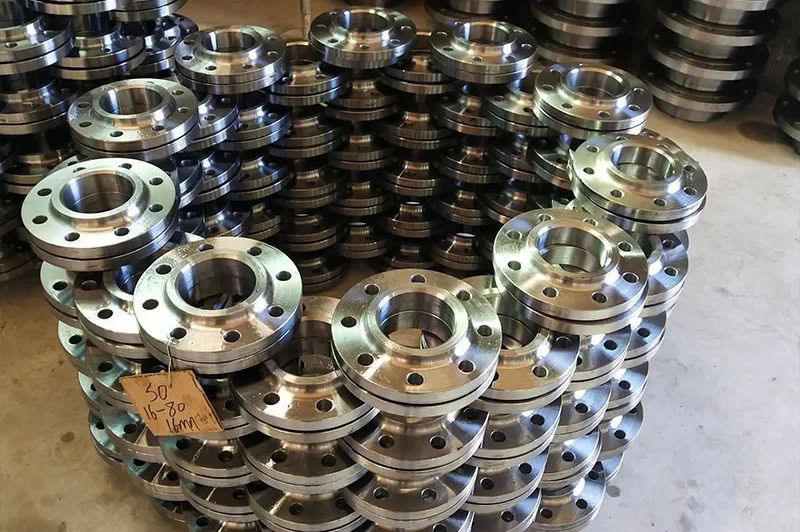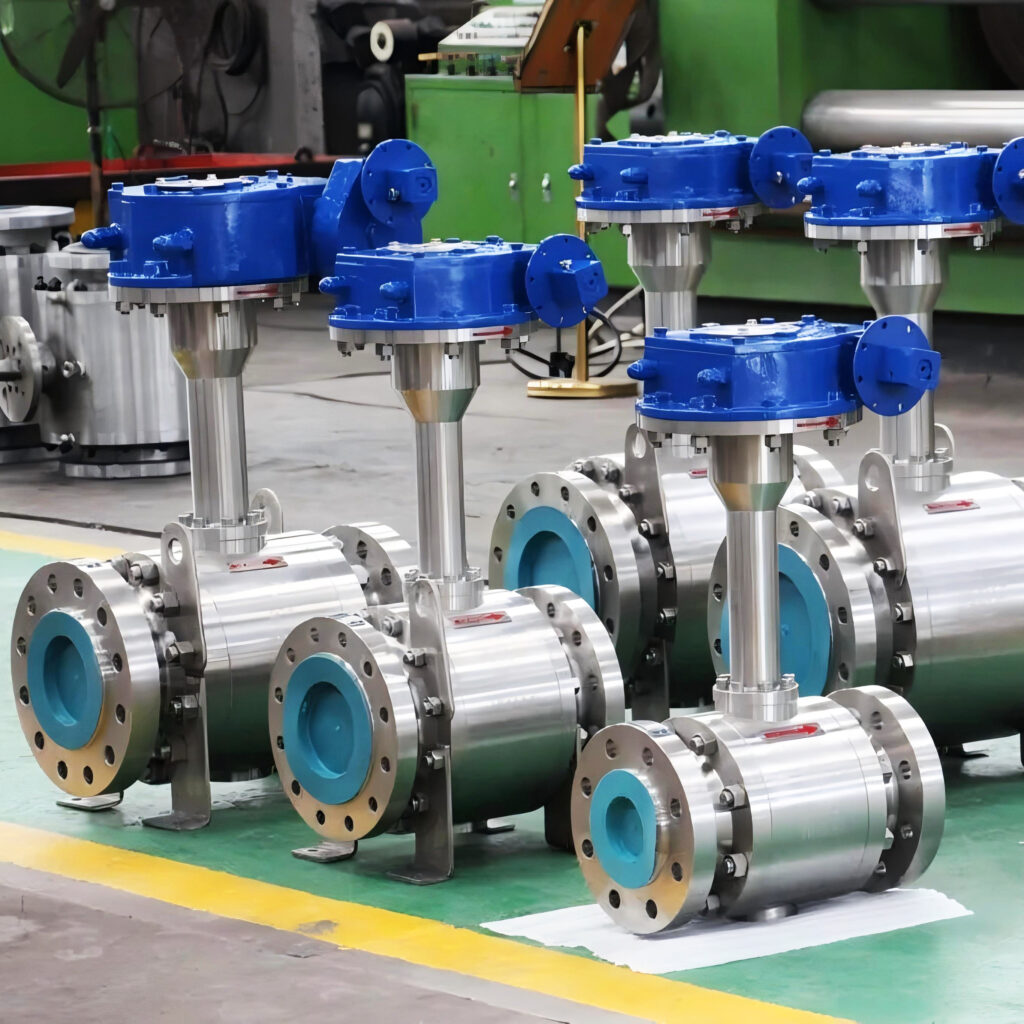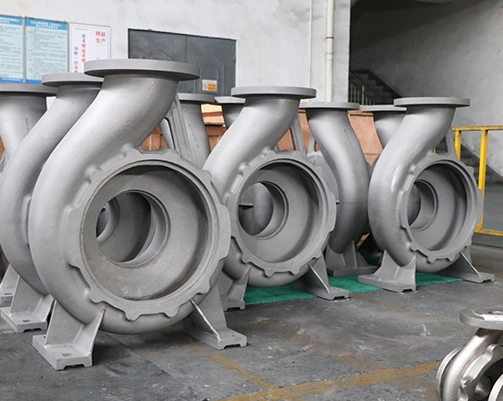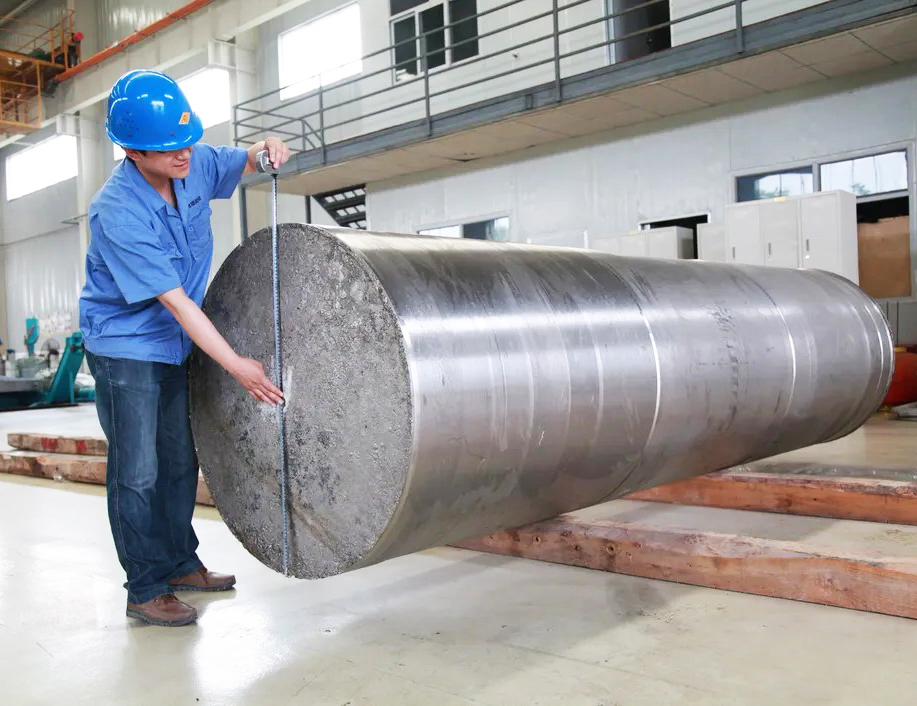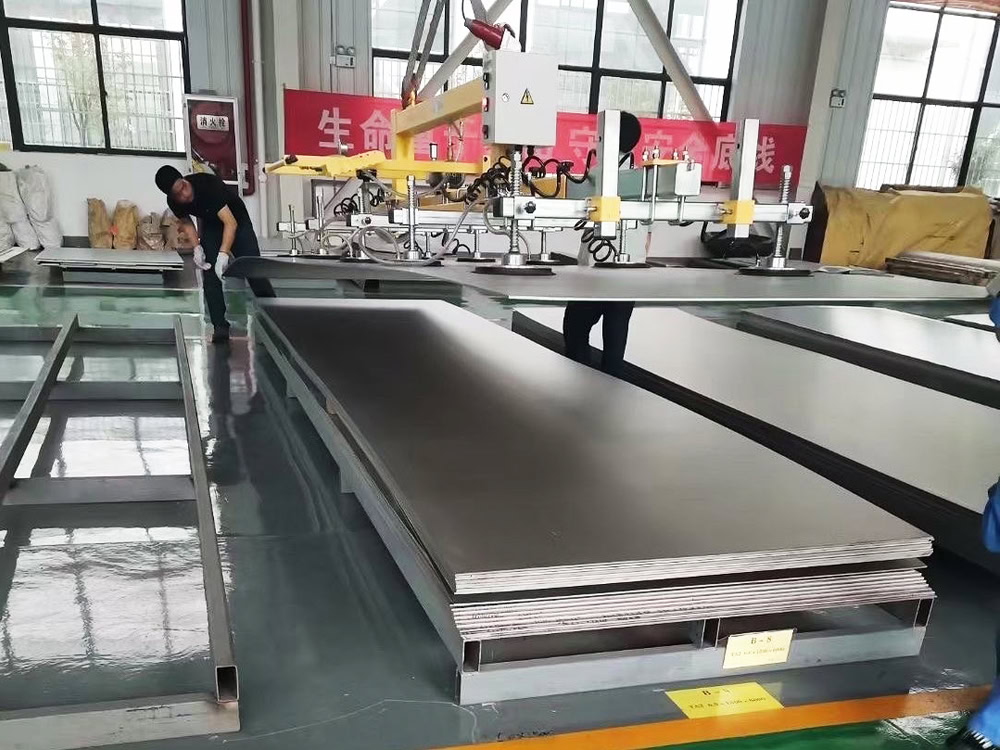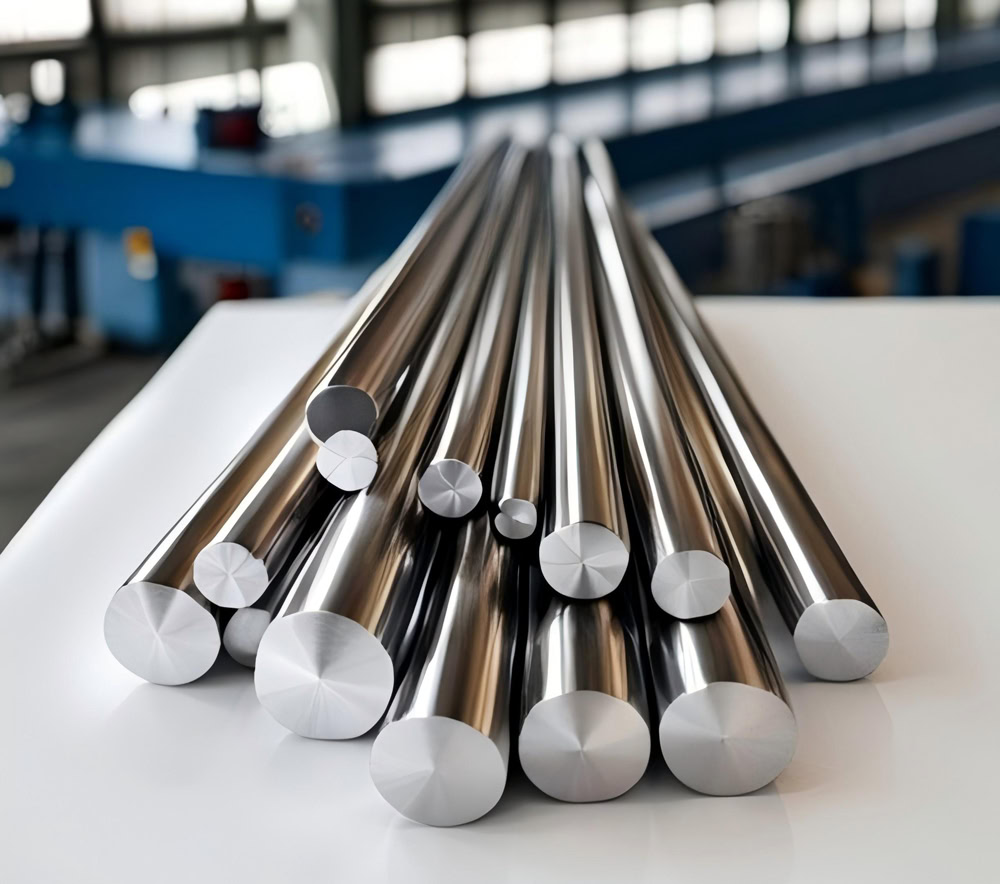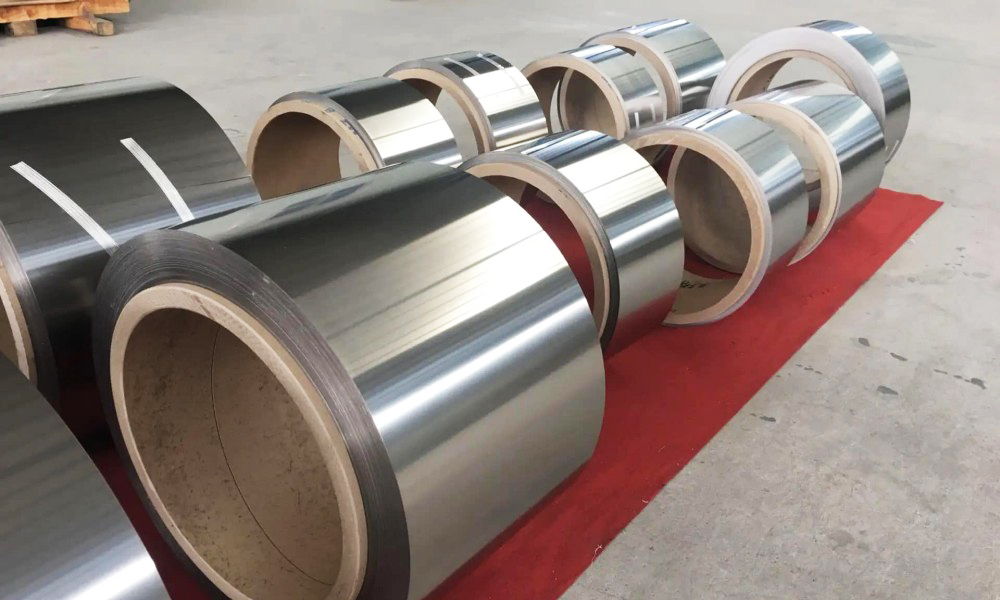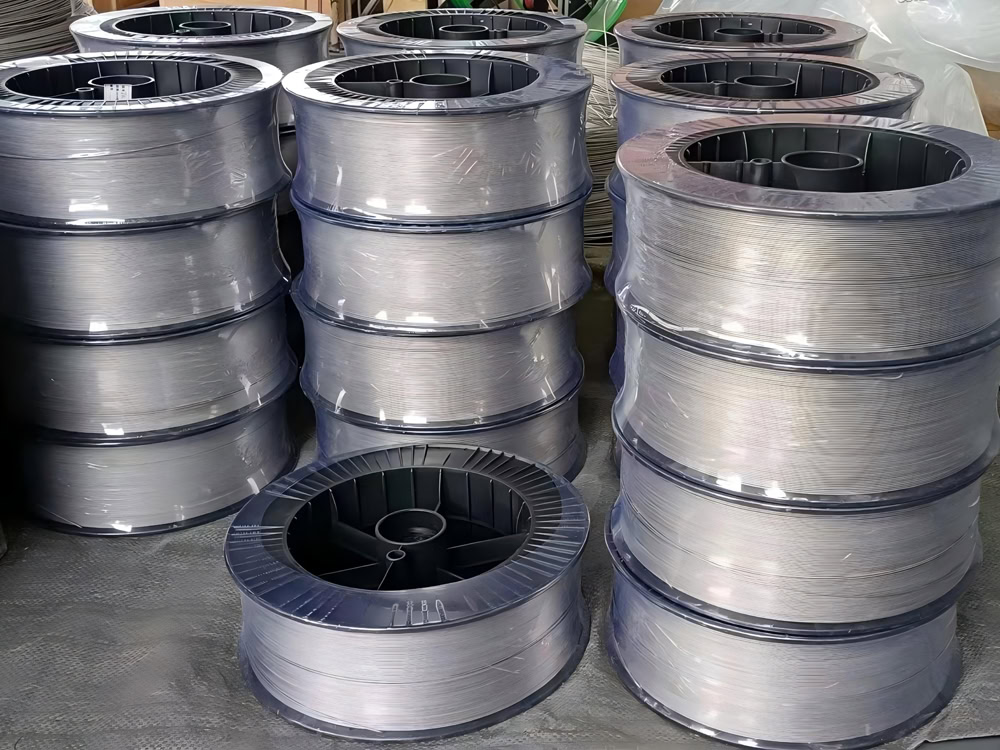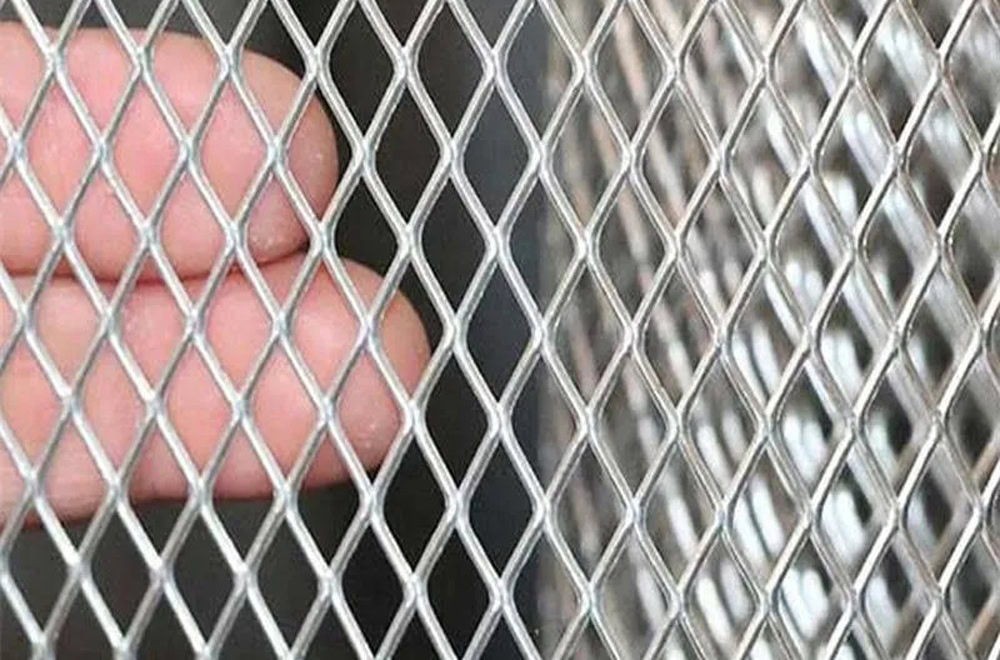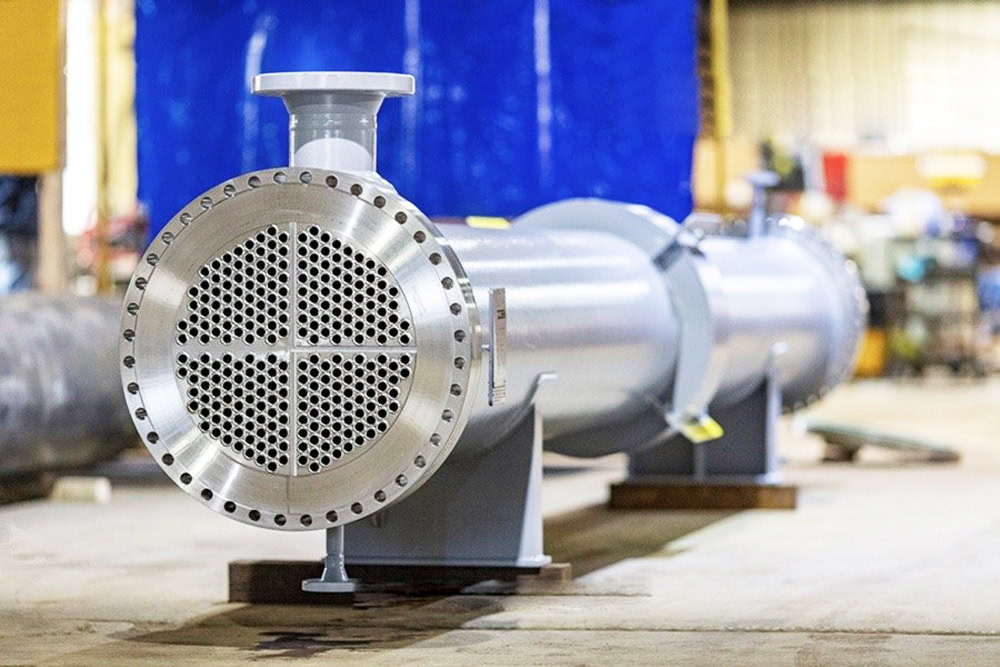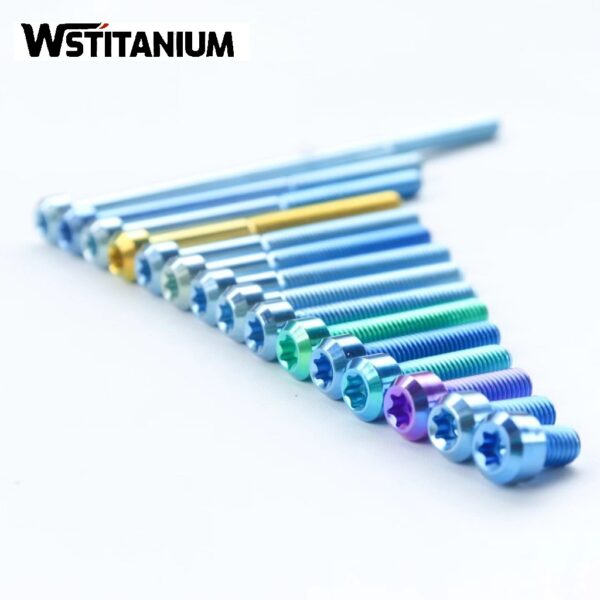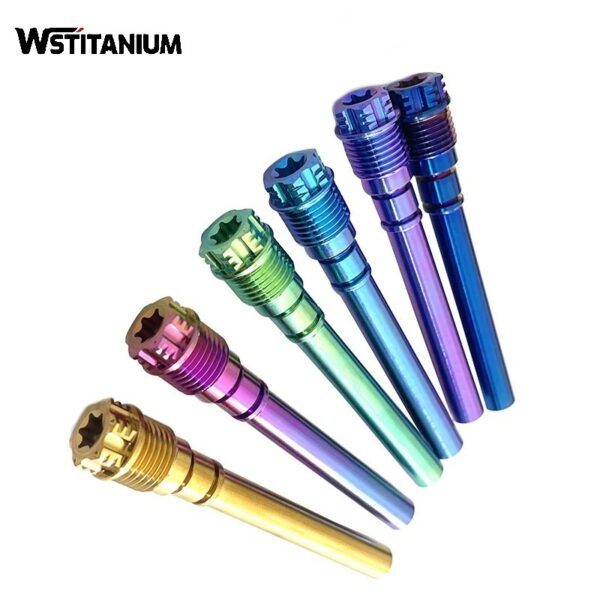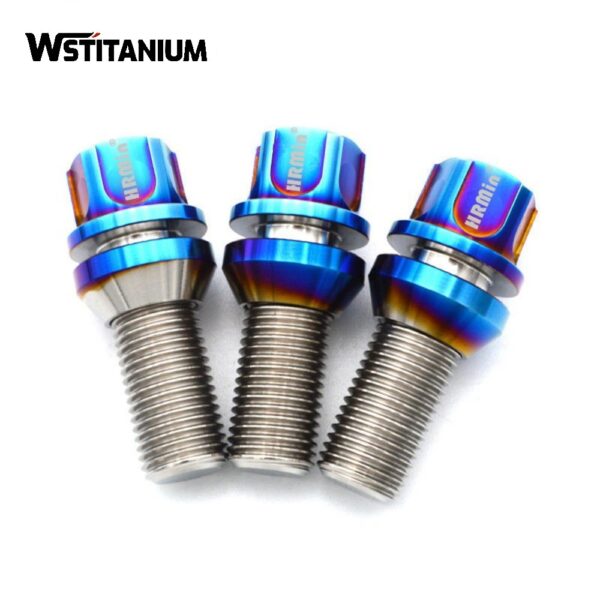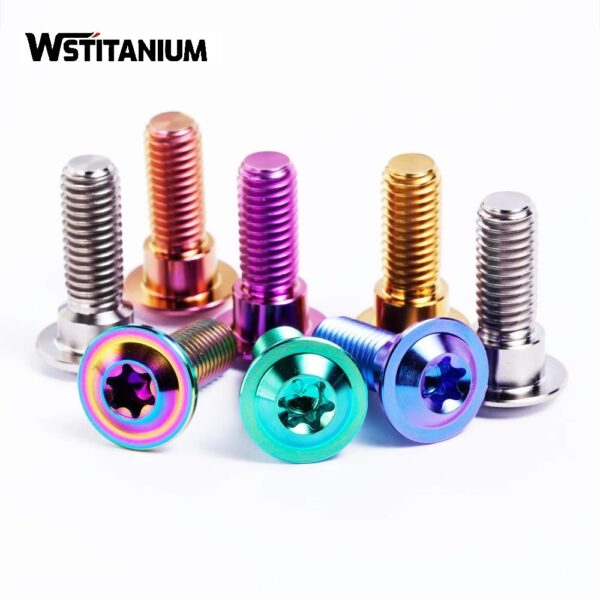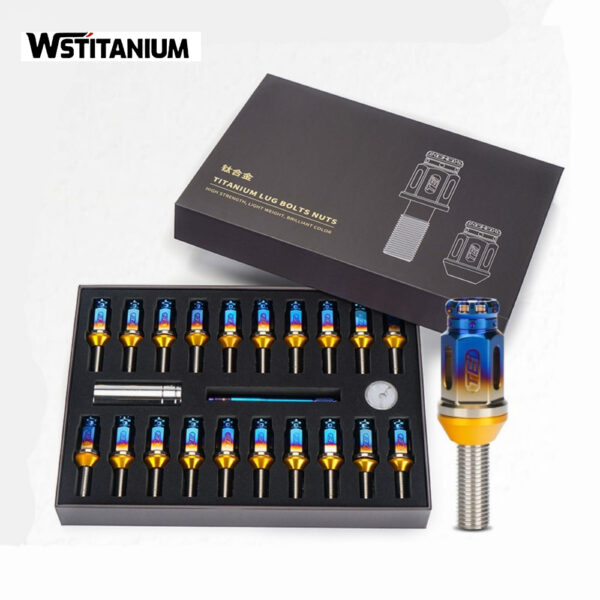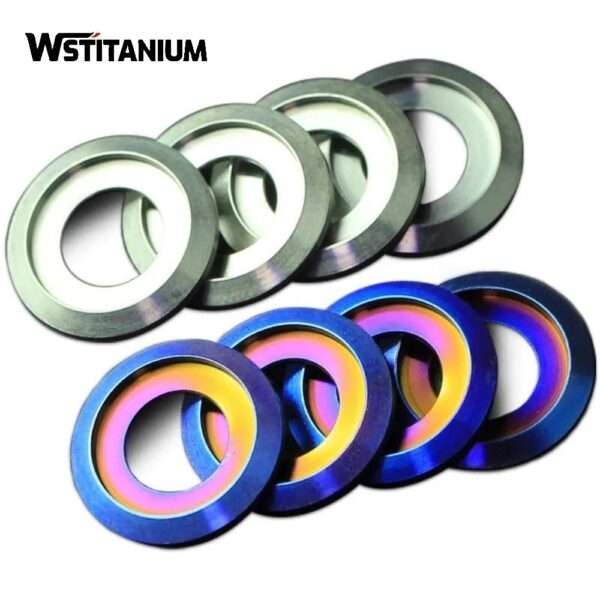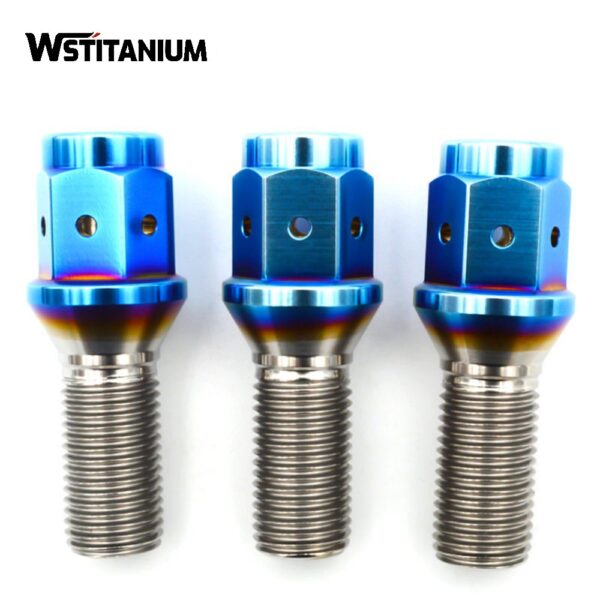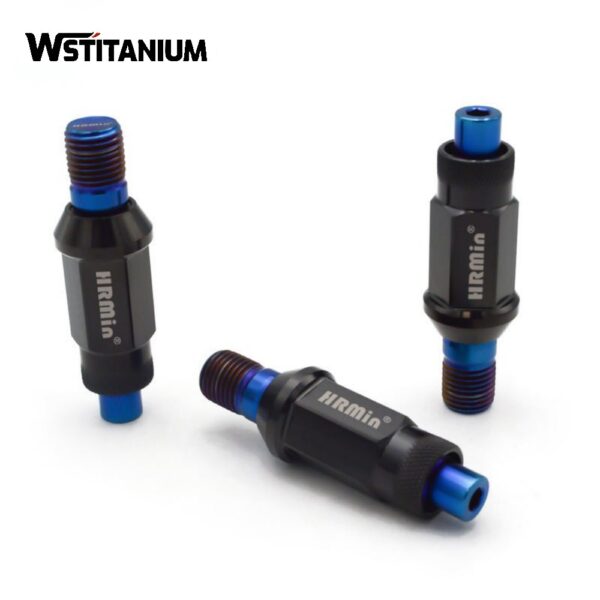Custom Titanium Rivets
Certified: CE & SGS & ROHS
Shape: Requested
Diameter: Customized
Drawings: STEP, IGS , X_T, PDF
Shipping: DHL, Fedex, or UPS & Ocean Freight

20+ YEARS EXPERIENCE SENIOR BUSINESS MANAGER
Ask Michin For What You Want?
Titanium rivets not only overcome the weight, corrosion resistance, and strength bottlenecks of traditional rivets, but also drive the development of joining technology towards high precision, high reliability, and long service life. Custom-manufactured titanium rivets, designed for the specialized operating conditions of various industries (such as high temperature, high pressure, severe corrosion, and high vibration), utilize customized formulations, structural designs, and manufacturing techniques, making them an indispensable key component in high-end manufacturing.
| Size | M3-M36. or non-standard according to your requirements. |
| Materials | Gr1 Gr2 Gr3 Gr4 Gr5 Gr6 Gr7 Gr9 Gr11 Gr12 Gr23 |
| Type | Screw/bolts(cap head/socket head/hex head/round head/headless/taper head/shoulder head.etc) |
| Thread | UNC, UNF, UNEF, M, BSW, BSF, TR, ACME, NPT TP |
| Surface Treatment | Anodizing, sandblasting,black oxide, polishing. powder coating, brushing,electroplating, passivation |
| Drawingformat | IGS,STP,STEP,X-T,DXF,DWG,PrO/E,PDF,PNG,JPG |
| Application | Motorcycle,Bicycle,cars |
| Certifications | ISO9001,CE,BV |
| Service | 1,Free samples will be sent to you after confirming the order. |
| 2,Material test report,Hardness test report,Quality Inspection Report as your require. | |
| 3,video and photos with details freely during. | |
| 4,Drawing formation: PDF, CAD/DWG/DXF, IGS/STP etc.If you don’t have a professional drawing, you can contact us and we will customize it for you according to your requirements. | |
| Euipment | CNC Turning, CNC Milling, CNC 5-axis Turning-milling Compound, CNC Gear Hobbing Machine, CNC Gear Shaping Machine, Manual Milling Machine, Grinding Machine, and Laser Engraving Machine. |
| Quality | Two-dimensional Imager, CCD Image Detection Equipment, Rockwell Hardness Tester, Vickers Hardness Tester, Electron Microscope,Salt Spray Tester,etc. |
| Packing | PE bag,EPE, standardcardboard boxes or plastic trays, sponge trays,cardboard trays,etc |
| Precision | TIR ≤.002″ (0.02mm-5mm) |
| MOQ | In stock:50pcs Custom-made:100pcs |
| Color | Silver, black, red, yellow, green, blue, color, customized according to your requirements |
| Delivery time | In stock : Sample 3days,Bulk goods 7-15days. |
| Custom : Sample 7-10 working days, Bulk goods 15-20 working days. |
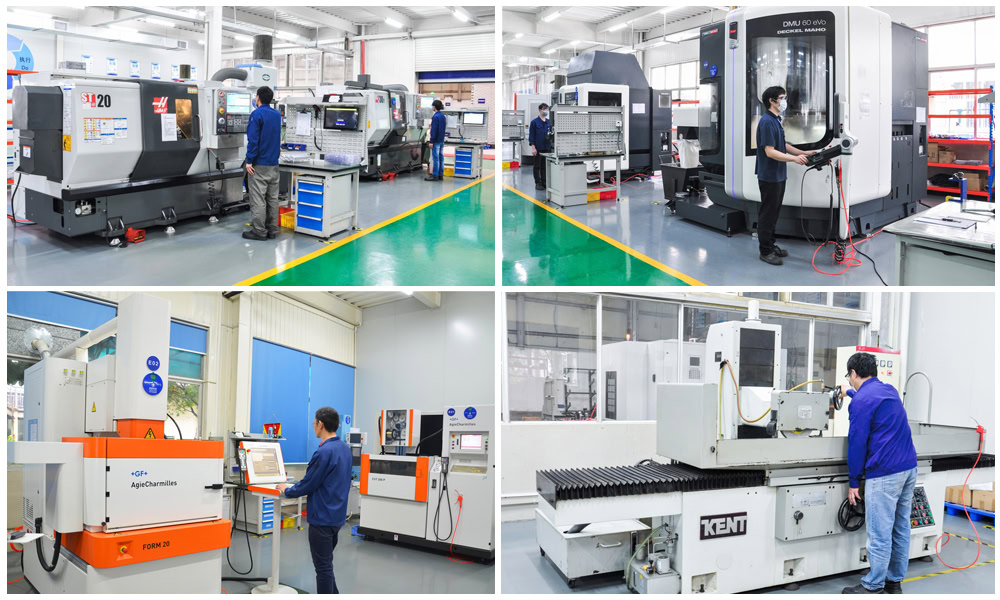
Titanium Grades for Rivets
Titanium and its alloys come in many varieties, and the performance of different grades varies significantly. Therefore, material selection is the first and most critical step in custom manufacturing. Common titanium rivet materials and their applications are as follows:
– Pure titanium (Grade 1/2/3): Offers good ductility and corrosion resistance, but lower strength, making it suitable for low-load, high-corrosion applications (such as chemical pipelines and medical devices);
– Ti-6Al-4V (Grade 5): The most widely used titanium alloy, combining high strength, good corrosion resistance, and processability. It is suitable for most industrial applications, including aerospace, marine engineering, and high-end equipment;
– Ti-6Al-4V ELI (Grade 23): A titanium alloy with low interstitial elements and improved biocompatibility, primarily used in medical implants;
– Ti-3Al-2.5V (Grade 9): Slightly lower in strength than Ti-6Al-4V, but with better ductility and weldability. It is suitable for applications requiring cold working or welding (such as aircraft hydraulic piping);
– High-temperature titanium alloys (such as Ti-6Al-2Sn-4Zr-2Mo): Suitable for high-temperature environments of 400-600°C, such as connectors within aircraft engine compartments.
For special operating conditions (such as ultra-high temperatures and severe corrosion), customized titanium alloy formulas can be created by adjusting the alloying element ratio (e.g., adding Nb, Ta, Mo, etc.) to meet extreme performance requirements.
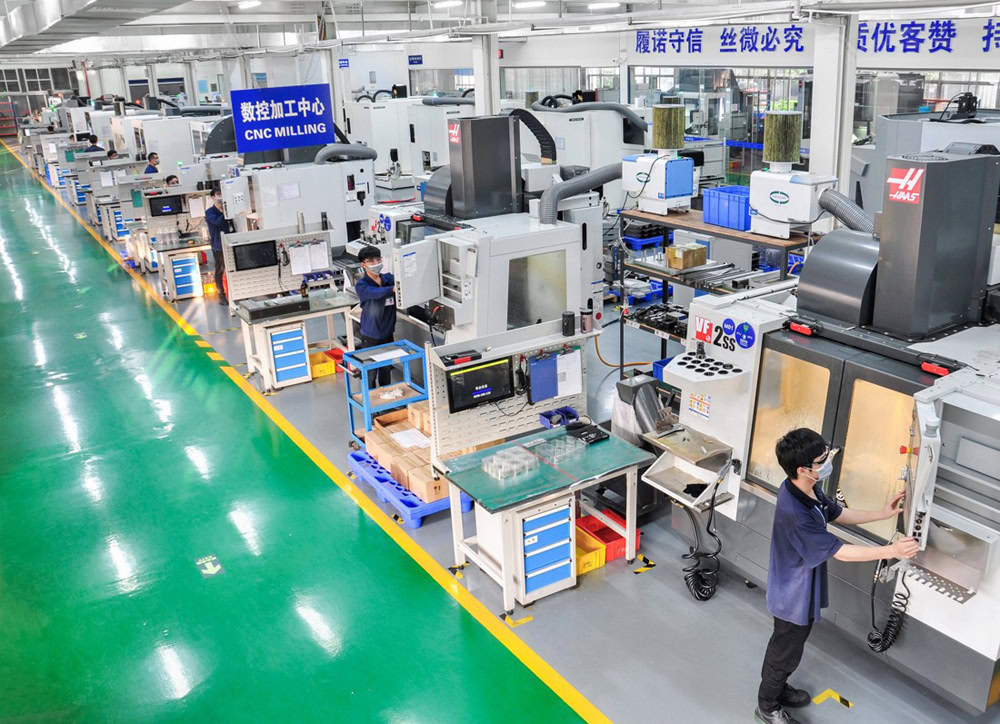
Structural Design for Titanium Rivets
The structural design of titanium rivets must be considered in conjunction with the installation method, joint thickness, and load characteristics. Common structural types include:
– Solid rivets: Simple structure, high strength, suitable for static connections with high loads;
– Semi-hollow rivets: With a hole at one end, they are lightweight and suitable for thin plates or low-load connections;
– Hollow rivets (tubular rivets): The lightest weight and suitable for ultra-lightweight applications (such as aviation interiors);
– Countersunk rivets: The head can be sunk into the workpiece surface and is suitable for applications requiring high surface smoothness (such as instrument housings);
– Blind rivets: No special riveting tools are required, making them easy to install and suitable for closed structures that are difficult to access from both sides.
Custom sizing requires precise control of rivet diameter (typically 1-20mm), length (determined by joint thickness), head dimensions (such as diameter, height, and angle), and tolerances (typically ±0.01-±0.05mm for industrial-grade rivets, and ±0.005mm for aviation-grade rivets). Furthermore, details such as the shank pattern and head groove must be designed to match your installation tools to ensure smooth and reliable installation.
Precision Manufacturing of Titanium Rivets
After forming, titanium rivets undergo precision machining to meet final dimensional accuracy and surface quality requirements:
– Turning: For shanks or heads requiring high-precision dimensions, CNC lathes are used to turn the shanks to control diameter, length, and coaxiality.
– Drilling: For semi-hollow or hollow rivets, a hole is drilled in the center of the shank. Due to the high toughness of titanium, “sticking” is a common problem during drilling. Therefore, high-speed steel or carbide drill bits are used. Center drilling is performed, and drilling is performed in stages to ensure hole verticality and roundness.
– Surface Treatment: The main purpose of surface treatment for titanium rivets is to improve corrosion resistance, reduce friction, or enhance appearance. Common techniques include:
– Pickling: Removes surface scale and oil stains, revealing the natural color of the titanium alloy while enhancing the adhesion of the surface oxide film.
– Anodizing: Electrolytically forms a colored oxide film on the surface, which not only looks beautiful but also further enhances corrosion resistance.
– Sandblasting: Creates a rough, matte finish, increasing friction with the connecting parts and preventing loosening.
– Coating: For special working conditions, coatings such as polytetrafluoroethylene (PTFE) and ceramic can be applied to enhance high-temperature resistance or reduce friction.
Related products
-
Titanium Fasteners
Anodized Titanium Screws
-
Titanium Fasteners
Motorcycle Titanium Bolts Pin
-
Titanium Fasteners
Titanium Hexagon Head Bolts
-
Titanium Fasteners
Titanium Fasteners For Bicycles
-
Titanium Fasteners
Custom Gr5 Titanium Fasteners
-
Titanium Fasteners
Colored Titanium Washers
-
Titanium Fasteners
Colored Automotive Titanium Bolts
-
Titanium Fasteners
Colored Gr5 Manifold Titanium Bolts
